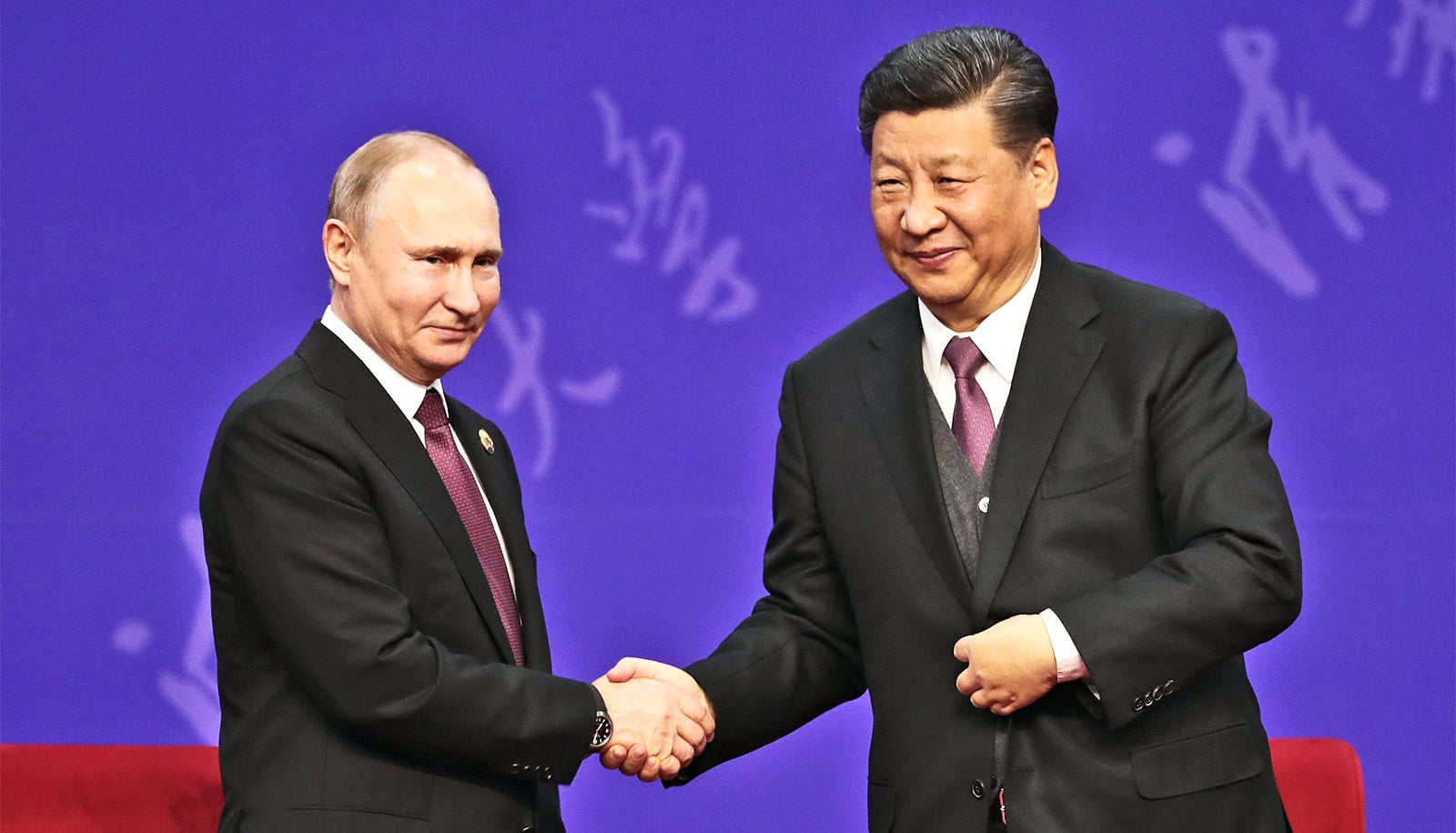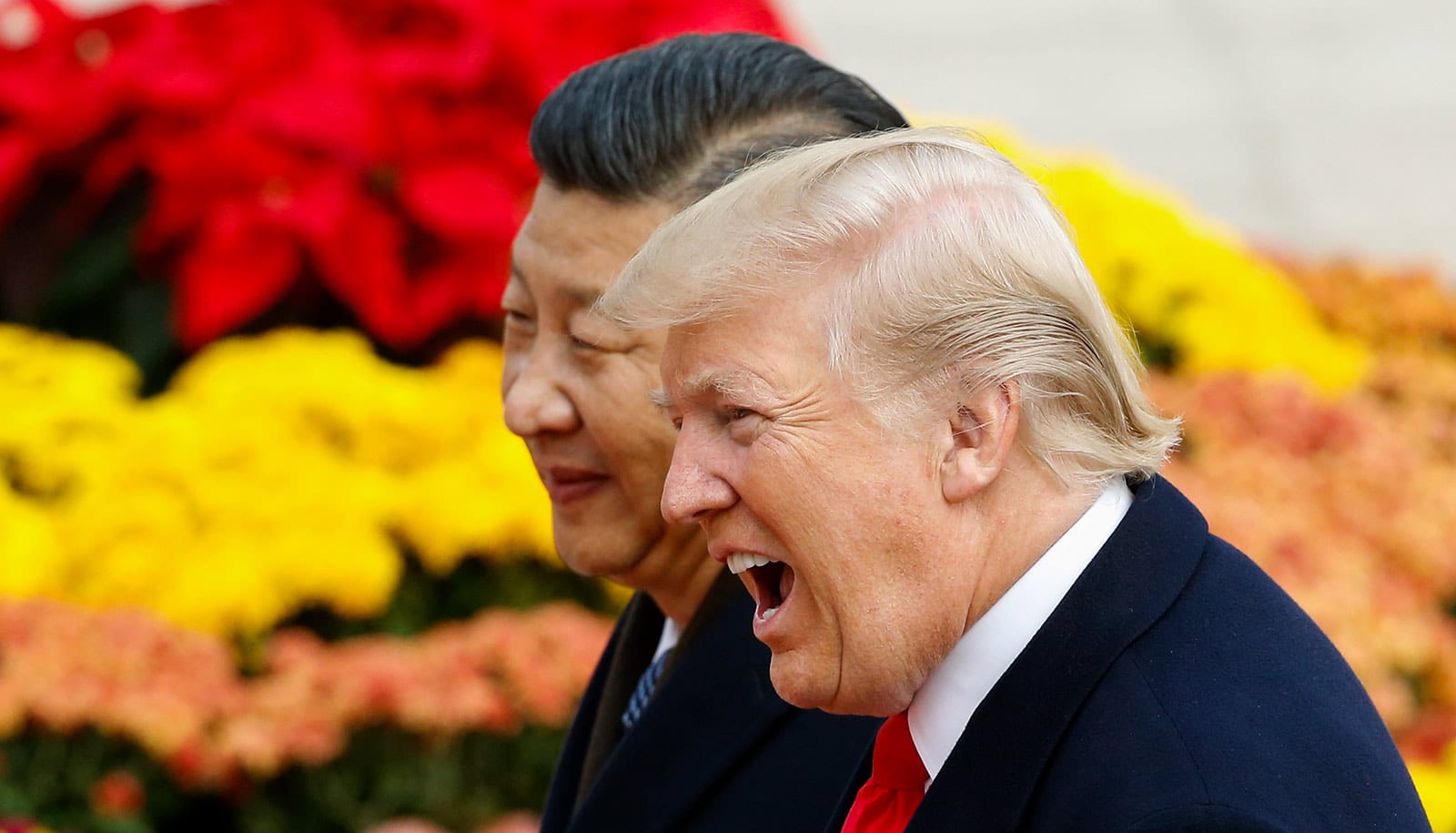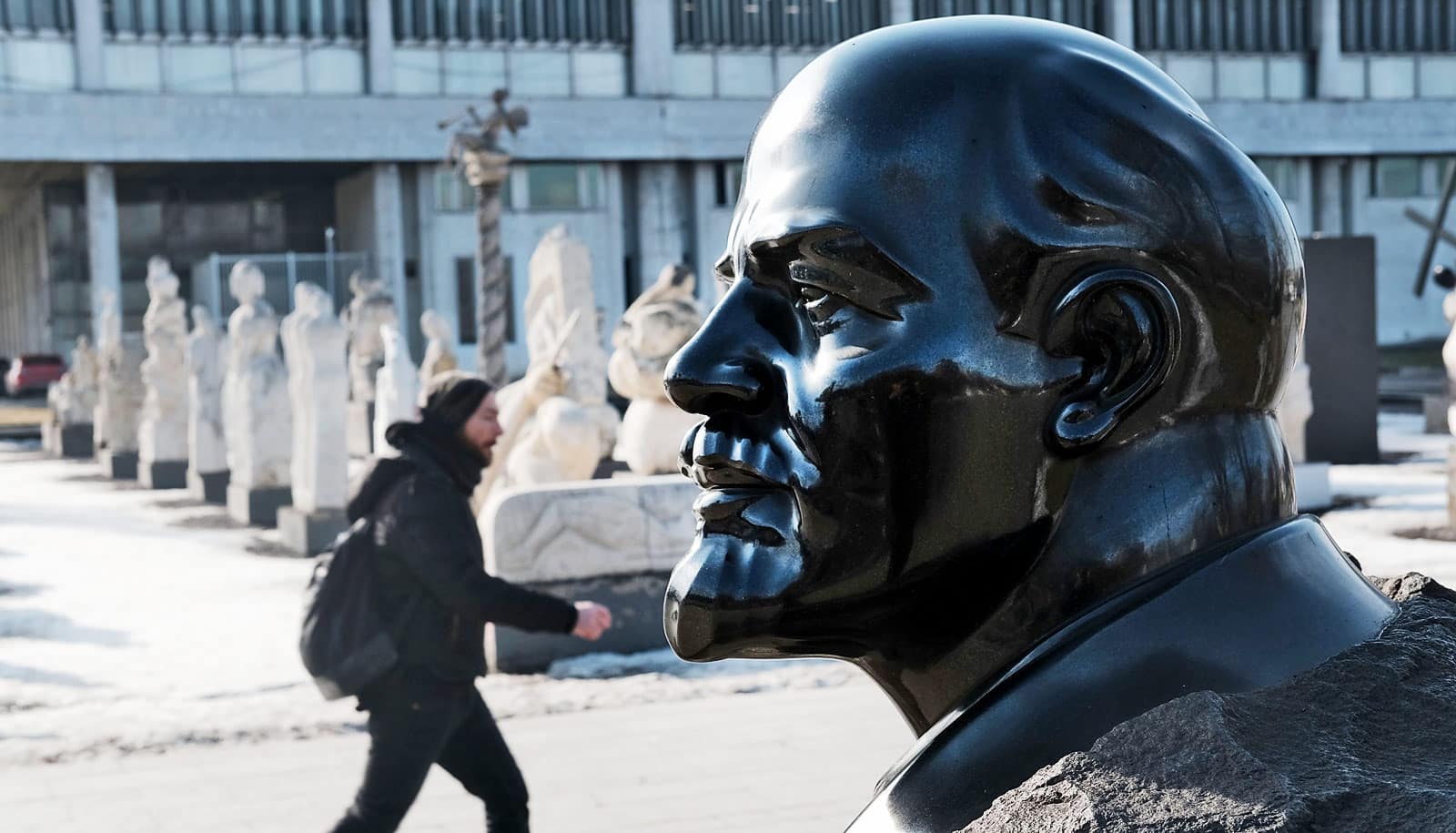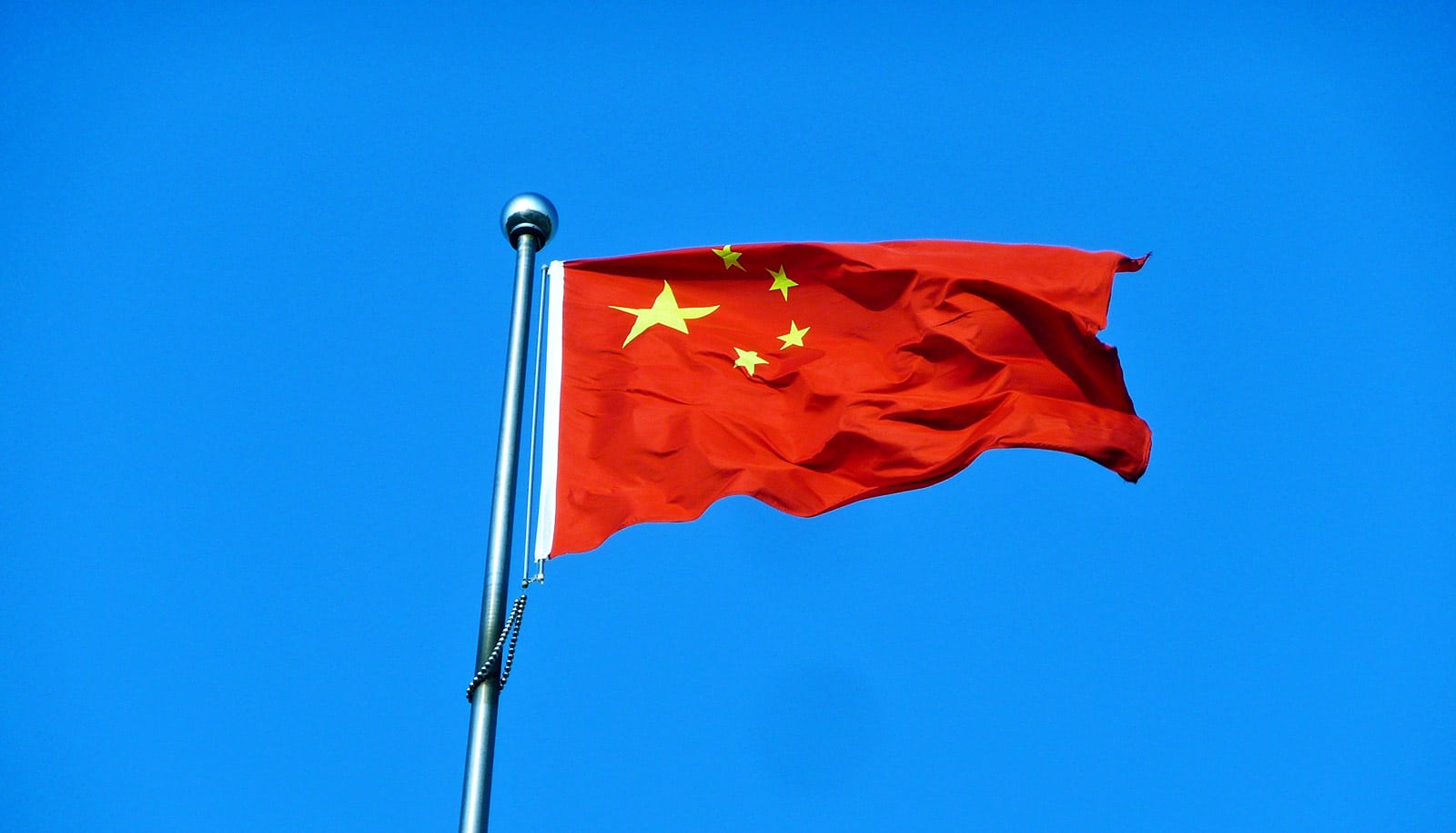Despite increased economic, military, and diplomatic relations between Xi Jinping of the People’s Republic of China and Vladimir Putin of Russia, certain constraints and geopolitical self-interest complicate any real alignment between the two superpowers, says China specialist June Teufel Dreyer.
Over the past decade and especially since the invasion of Ukraine, China and Russia have tightened economic ties. China has become the leading importer of Russian oil, while Russia has grown increasingly dependent on Chinese technology to manufacture weapons and ammunition.
The two presidents profess to be friends and have met 43 times, the most recently in mid-May shortly after Putin was reaffirmed as president for another six years.
Here, Dreyer, a professor of political science at the University of Miami and senior fellow of the Foreign Policy Research Institute, highlights how the two leaders’ strategic self-interests preclude any kind of formal alliance:
To what degree do China and Russia share vital, long-term interests?
Both have an interest in keeping themselves and the world safe for autocracy and to defend themselves against sanctions by external powers.
Electrical machinery and parts, such as computer chips and ball bearings used for tanks, make up the high-priority list of imports to Russia. What can the United States do to pressure China to stop exporting the high-priority kits?
Realistically, the US can do nothing to pressure China to do anything that isn’t in China’s own best interest. China’s making a lot of money selling items to Russia—cars, for example—that Russia used to source from elsewhere and is getting oil and gas at reduced prices.
US Secretary of State Antony Blinken recently commented that Chinese technology has been enabling Russia to produce arms and ammunition “at a faster pace than at any time in its modern history including the Cold War.” Does this dependency expose a potential vulnerability for Russia?
True, but Russia has also been able to procure arms from countries like North Korea, Iran, and Turkey.
What are the constraints to the Chinese-Russian relationship?
They have differences of opinion over Central Asia, which Russia ruled as part of the USSR and exerted some control over under the czars, and that China considers a vital route for its Belt and Road economic initiative to Europe. As well as a source of oil and gas, and strategically important if war should shut off the Strait of Malacca, from which China gets a lot of oil and gas.
They also differ over the Arctic waters, with China wanting freedom of navigation (note that this is the opposite of its opinion on the South China Sea) and Russia saying that the area should be under its jurisdiction as the nearest contiguous state. Most recently, according to reports in the Financial Times, Moscow has balked at Chinese demands on price and supply of the Power of Siberia 2 pipeline.
Does China seek a Russian victory in Ukraine? Why or why not?
A partial victory, perhaps. It has investments in Ukraine and would also hope to take part in the rebuilding process after the end of fighting without having to compete with Russia for the contracts. Also, it doesn’t want Russia to get too strong.
To what degree is Russia’s war in Ukraine influencing China’s stance toward Taiwan?
Optimists see the strong reaction against Russia’s invasion of Ukraine as a sign to China that there’d be a similarly strong reaction to the PRC’s invasion of Taiwan.
Less optimistic people point to the fact that NATO is, after all, a European alliance and therefore its members are worried about a war in Europe but would be less concerned with what’s happening in Asia.
Also, because of so much ordnance—planes, tanks, rockets, etc.—having been sent to Ukraine, there’d be little left to help Taiwan. The US is sending China very strong signals against trying to take Taiwan.
Source: University of Miami



